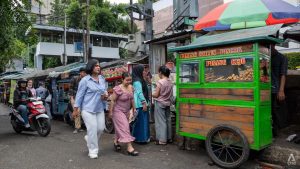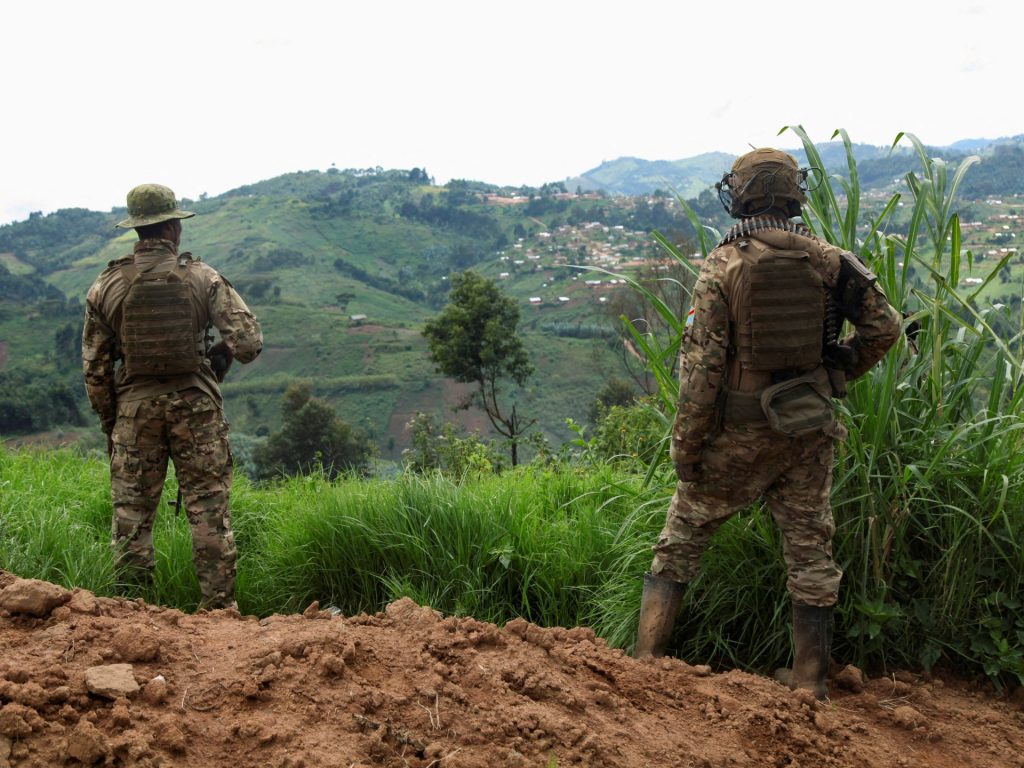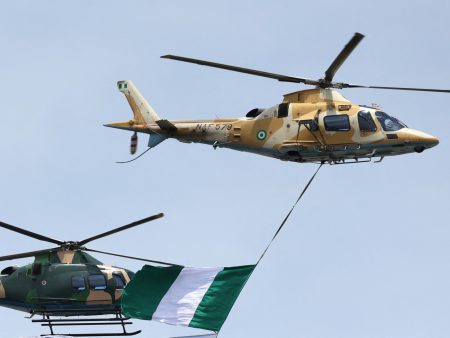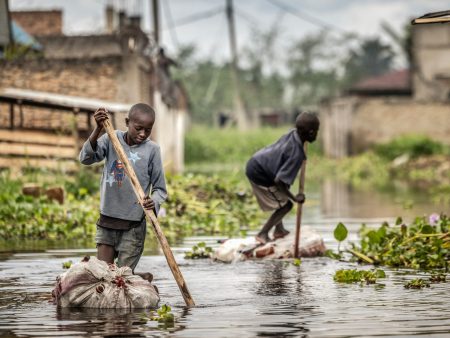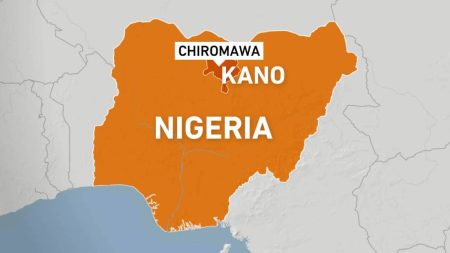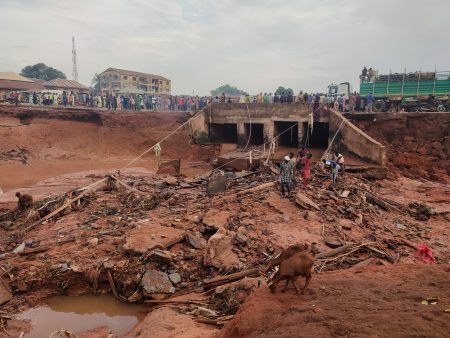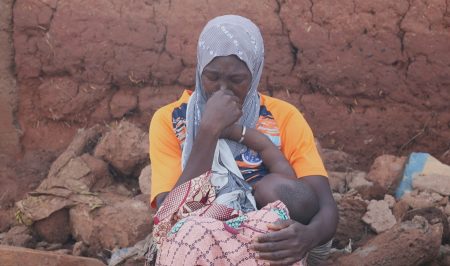The resurgence of the M23 rebel group in the eastern Democratic Republic of Congo (DRC) has triggered a renewed wave of violence and displacement, destabilizing the region and exacerbating an already dire humanitarian crisis. The rebels recently captured the strategically important town of Minova, a critical trade hub and supply route for the provincial capital of Goma. This seizure, coupled with the capture of other mining towns in South Kivu province and Bweremana in neighboring North Kivu, signifies a significant advance for the M23 and raises concerns about the group’s growing influence and the potential for further escalation of the conflict. The DRC army has acknowledged the rebels’ gains, underscoring the gravity of the situation. The capture of Minova disrupts vital supply lines to Goma and further isolates the city, increasing the vulnerability of its population.
The M23, composed primarily of ethnic Tutsis, first emerged over a decade ago after breaking away from the Congolese army. Their recent resurgence has seen them steadily gain ground in eastern DRC, adding to the complex web of conflict involving numerous armed groups vying for control of the mineral-rich region. This ongoing struggle has contributed to one of the world’s most severe humanitarian crises, characterized by widespread displacement, violence, and human rights abuses. The M23’s advances not only pose a direct threat to the stability of eastern DRC but also exacerbate the existing humanitarian crisis, placing immense strain on resources and hindering access to aid for affected populations. The international community has expressed deep concern over the deteriorating situation, urging all parties to engage in dialogue and work towards a peaceful resolution.
The conflict’s impact on the civilian population is devastating. Hundreds of thousands have been displaced by the recent fighting, joining millions already displaced by previous conflicts in the region. The UN refugee agency reports a staggering increase in displacement since the beginning of the year, highlighting the urgency of the situation. The ongoing fighting has disrupted livelihoods, hampered access to essential services, and increased the risk of human rights violations. The capture of Minova, a key commercial hub, will likely further disrupt economic activity and exacerbate the already precarious humanitarian situation. As people flee the fighting, they face immense challenges, including lack of shelter, food, water, and healthcare, adding to the already overwhelming burden faced by humanitarian agencies.
The DRC government and the United Nations have accused neighboring Rwanda of supporting the M23 with troops and weapons, an accusation Rwanda vehemently denies. These allegations add another layer of complexity to the conflict and threaten to further destabilize the region. The international community has called for a thorough investigation into these claims and urged all parties to respect the sovereignty and territorial integrity of the DRC. The ongoing conflict underscores the need for a comprehensive regional approach to address the root causes of instability and promote lasting peace. A durable solution requires not only addressing the immediate security concerns but also tackling the underlying issues of governance, resource management, and ethnic tensions that fuel the conflict.
The fighting near Goma, the provincial capital, is particularly concerning. The city has been under threat from the M23 before, having been briefly captured by the group in 2012. The proximity of the fighting to the city has created a climate of fear and uncertainty, with residents worried about the potential for violence to spill over into urban areas. The disruption of supply routes has also led to shortages of essential goods and increased prices, further impacting the civilian population. The ongoing conflict highlights the fragility of the situation in eastern DRC and the urgent need for a coordinated international response to prevent further escalation and address the humanitarian crisis.
The humanitarian situation in eastern DRC continues to deteriorate, with the ongoing fighting compounding existing challenges. International organizations and NGOs operating in the affected areas face immense difficulties in providing assistance to displaced populations. The capture of Minova has forced many organizations to temporarily suspend their operations, further limiting access to vital aid. The security situation remains volatile, hindering the delivery of humanitarian assistance and increasing the risk to aid workers. The international community must work together to ensure that humanitarian actors have unimpeded access to those in need and that essential resources are provided to address the growing humanitarian crisis. A concerted effort is needed to protect civilians, provide life-saving assistance, and create conditions conducive to a peaceful and sustainable future for the people of eastern DRC.


